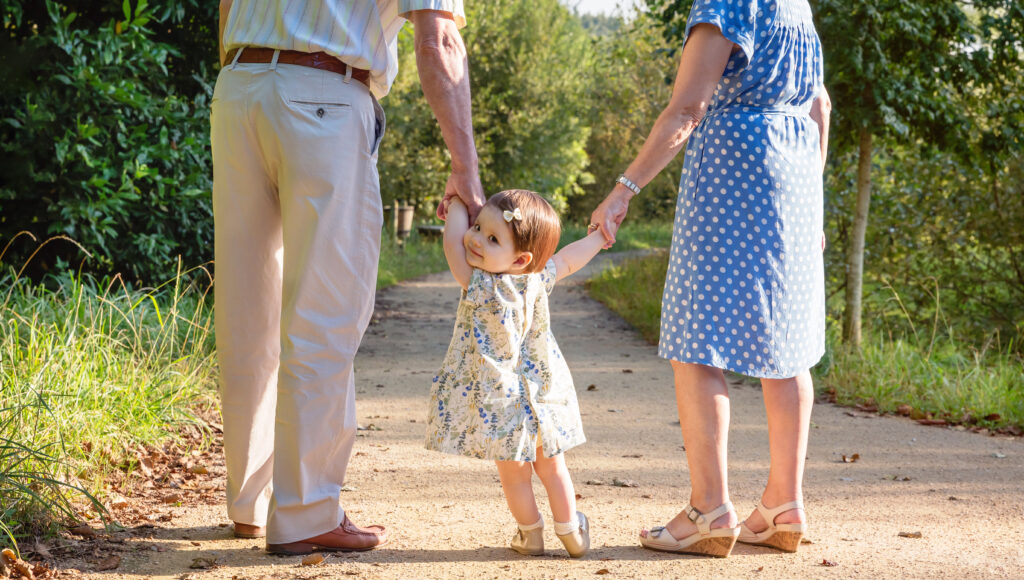What if retirement weren’t an end, but a new beginning? This is one of the key findings of a study published by Swiss Life, which examined the quality of life among Swiss men and women aged 65 to 80. Far from the clichés of isolation or inactivity, this age group is often living an active, fulfilling, and surprisingly dynamic chapter of life.

- A Swiss Life study reveals that 80% of Swiss retirees are satisfied or very satisfied with their lives—a record in Europe.
- Their daily lives are active: sports, reading, volunteering, and looking after grandchildren fill their days.
- Two out of three retirees traveled last year, in Europe or beyond, without major health or financial obstacles.
- Quality of life remains unequal: retirees with lower incomes are more likely to forgo leisure activities and experience loneliness.
- Retirement in Switzerland is seen as a time of fulfillment and engagement, not withdrawal.

A full life: Between sports, reading, and grandchildren
Among the 2,063 people surveyed, a large majority engage daily in stimulating activities: reading (77%), watching television (76%), and housework (59%). Social life remains strong, if not stronger.
Three out of ten use social media daily, and more than a quarter are regularly involved in volunteer work or a professional activity. Family ties remain central: 60% of respondents have grandchildren, and two out of three grandparents actively help care for them.

A well-being that outshines the rest of Europe
Switzerland stands out for the high satisfaction level among its retirees. 80% say they are satisfied or very satisfied with their current life, an all-time European record. This satisfaction also extends to their health (64%), financial situation (68%), and leisure time (75%). They are also proud of their life journey, especially regarding family and career, and have few regrets.
Mobility and travel among Swiss retirees: Freedom regained
Swiss retirees remain highly mobile: 80% still drive regularly, 60% use public transportation, and two out of three traveled in Europe or beyond last year. Some even mentioned unusual destinations such as Vanuatu or Antarctica.
A striking fact: the majority say they don’t have to give up travel due to health or financial constraints, a strong indicator of autonomy and stability.

A fragile balance for some Swiss retirees
But this image is not uniform. The study qualifies its findings: quality of life varies significantly depending on income. People with fewer resources, less satisfied with their health or mobility, are more likely to forgo travel and leisure activities. Moreover, although loneliness is less widespread than commonly believed, 31% of those aged 65–74 experience it occasionally.
How the Swiss view retirement: A time to invest in, not endure
Far from being a period of marginalization, the “third age” in Switzerland today is synonymous with engagement, autonomy, and a certain sense of fulfillment. The Swiss Life study reminds us that aging is not merely a series of challenges, it also opens up new horizons.
Published by the Editorial Staff on
